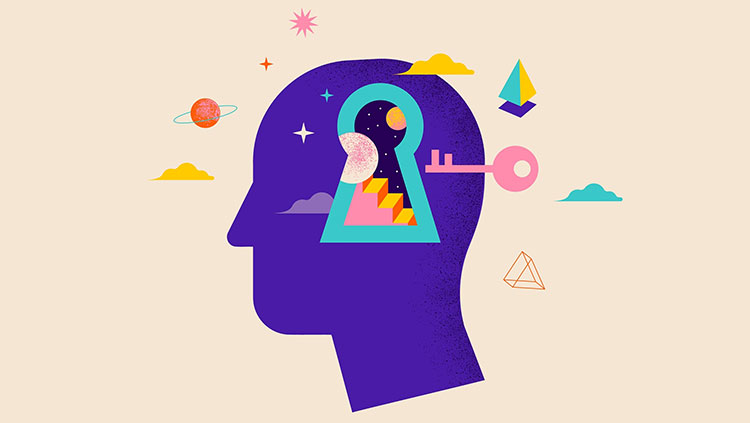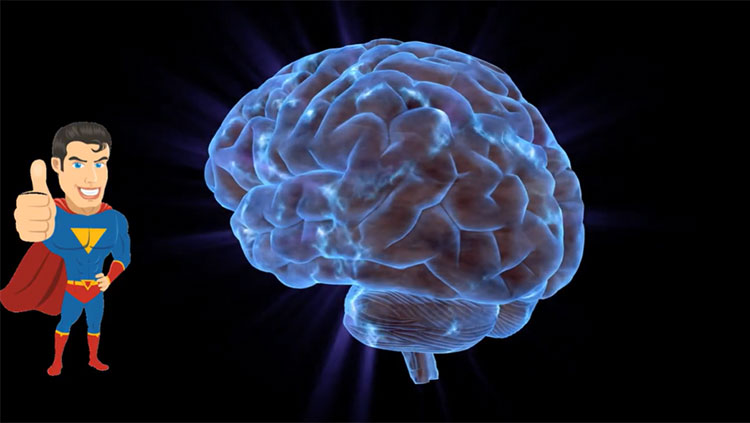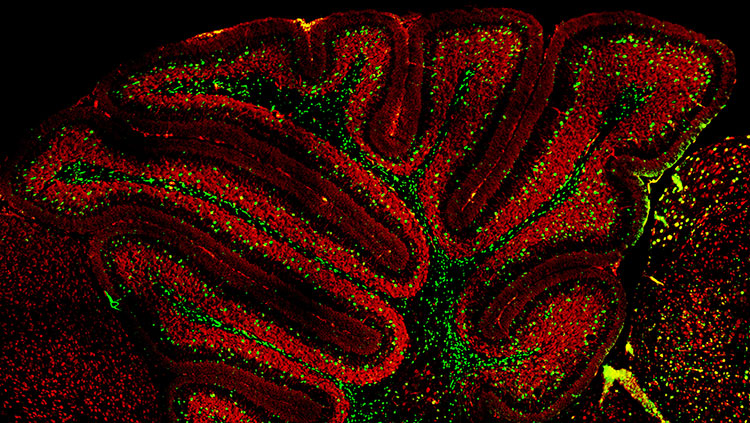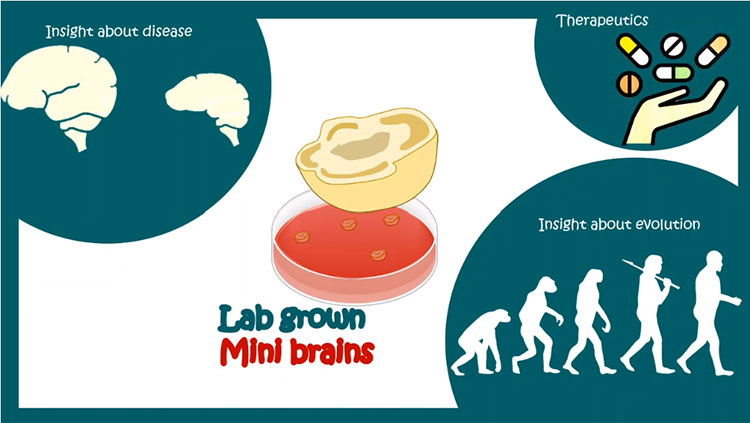Plasticity
- Published1 Apr 2012
- Reviewed1 Apr 2012
- Source BrainFacts/SfN
Plasticity itself is not unique to humans, but the degree to which our brains are able to adapt is.
The ability of the brain to modify itself and adapt to challenges of the environment is referred to as plasticity. Plasticity can be categorized as experience-expectant or experience-dependent.
Experience-expectant plasticity refers to the integration of environmental stimuli into the normal patterns of development. Certain environmental exposures during limited critical, or sensitive, periods of development are essential for healthy maturation. For example, finches need to hear adult songs before sexual maturation in order for them to learn to sing at a species-appropriate level of intricacy.
Scientists hope that new insight into brain development will lead to treatments for those with learning disabilities, brain damage, and neurodegenerative disorders, as well as help us understand aging. If we can figure out a way to lift the brakes that restrict adult plasticity — either pharmacologically or by circuit rewiring — it may be possible to correct damage done through mistimed critical periods or other means. By understanding normal functions of the brain during each developmental stage, researchers hope to develop better age-specific therapies for brain disorders.
CONTENT PROVIDED BY
BrainFacts/SfN
Also In Brain Development
Trending
Popular articles on BrainFacts.org

















